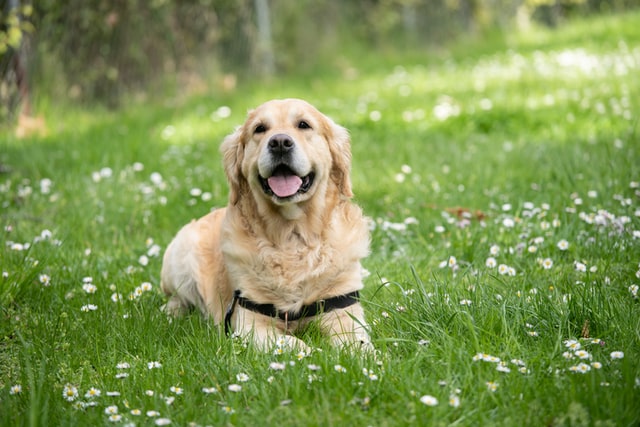Detecting objects by smell has been shown to be quite helpful in current studies on the benefits of dogs. Today, labrador dogs are employed to identify whether a person has COVID-19 in their system. Similar testing on sniffer dogs for COVID-19 was undertaken last year at Adelaide and Sydney airports in Australia. These experiments are currently ongoing, and they will be led by the University of Adelaide’s veterinary science department in South Australia.

It’s been reported that over the next six weeks, four labrador dogs will be stationed outside the entrance of an Adelaide hospital emergency department. At any given time, two canines will be on the job, examining up to 100 visitors per hour for the COVID-19 virus. This is one of the good news stories for everyone. It has been regulated in Australia, particularly for hospital visitors and patients in wards as well as those in the emergency department, who must still undertake a rapid antigen test (RAT) because the dog may not be able to detect the Coronavirus.
The dogs’ results will be compared to the outcomes of other testing. Sniffing and detecting positive instances of COVID-19 with specially trained labrador dogs is faster and more reliable than PCR and rapid antigen testing.
These dogs appear to be the leading runners in virus testing in airports and hospitals at the moment. Is it possible that dogs may be able to identify additional sorts of viruses in the future? That is the great assistance that dogs provide to people. They are not only man’s best friend, but they will also be used in the military and in healthcare services. Thanks to innovative science and dedicated trainers who are always looking for ways to improve the lives of others.
Do you want to know more interesting facts about labradors? Here is something to read:
Labradors: Know the Benefits and Downsides of Owning This Dog | PETCHESS